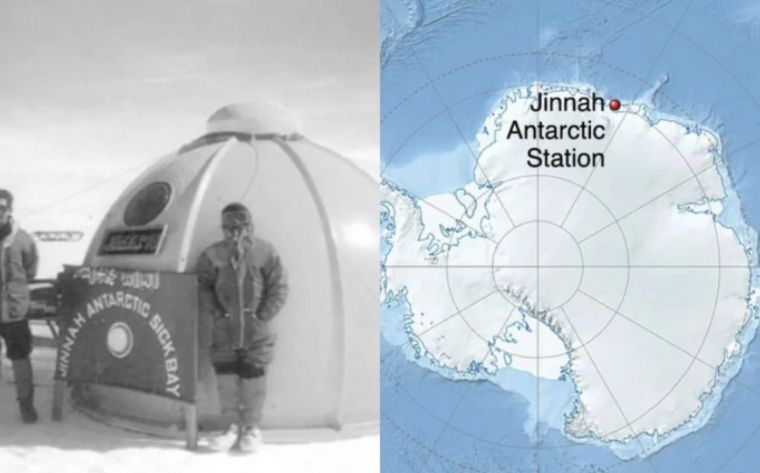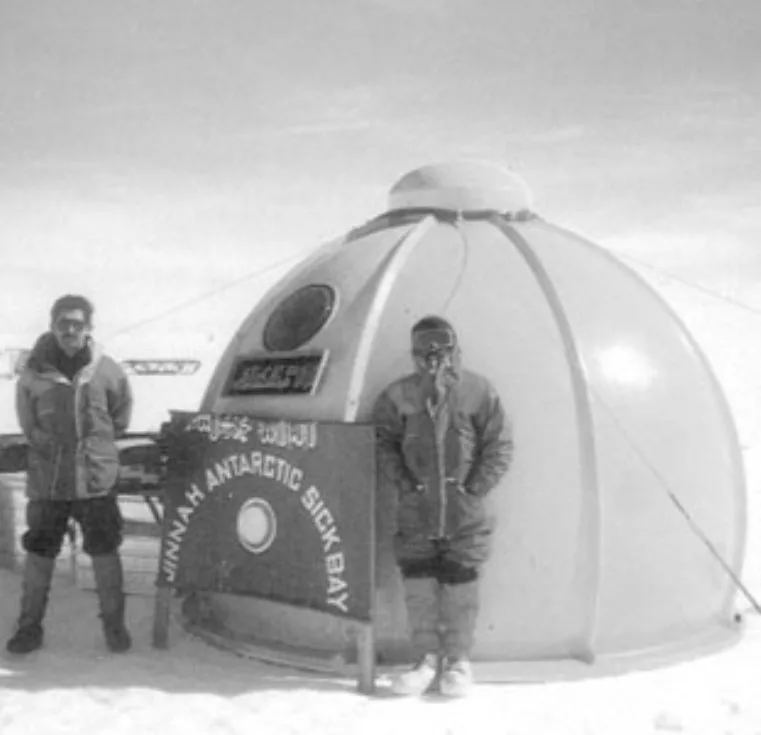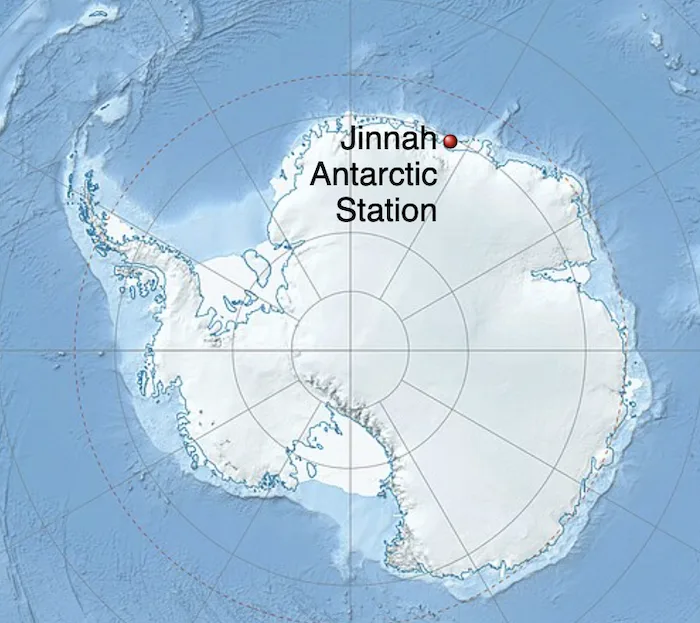Tashkent city



حَدَّثَنَا أَبُو الْيَمَانِ، قَالَ: أَخْبَرَنَا شُعَيْبٌ، عَنِ الزُّهْرِيِّ، قَالَ: أَخْبَرَنِي أَبُو إِدْرِيسَ عَائِذُ اللَّهِ بْنُ عَبْدِ اللَّهِ، أَنَّ عُبَادَةَ بْنَ الصَّامِتِ رَضِيَ اللَّهُ عَنْهُ، وَكَانَ شَهِدَ بَدْرًا وَهُوَ أَحَدُ النُّقَبَاءِ لَيْلَةَ الْعَقَبَةِ، أَنَّ رَسُولَ اللَّهِ صَلَّى اللَّهُ عَلَيْهِ وَسَلَّمَ، قَالَ وَحَوْلَهُ عِصَابَةٌ مِنْ أَصْحَابِهِ: "بَايِعُونِي عَلَى أَنْ لَا تُشْرِكُوا بِاللَّهِ شَيْئًا، وَلَا تَسْرِقُوا، وَلَا تَزْنُوا، وَلَا تَقْتُلُوا أَوْلَادَكُمْ، وَلَا تَأْتُوا بِبُهْتَانٍ تَفْتَرُونَهُ بَيْنَ أَيْدِيكُمْ وَأَرْجُلِكُمْ، وَلَا تَعْصُوا فِي مَعْرُوفٍ، فَمَنْ وَفَى مِنْكُمْ فَأَجْرُهُ عَلَى اللَّهِ، وَمَنْ أَصَابَ مِنْ ذَلِكَ شَيْئًا فَعُوقِبَ فِي الدُّنْيَا فَهُوَ كَفَّارَةٌ لَهُ، وَمَنْ أَصَابَ مِنْ ذَلِكَ شَيْئًا ثُمَّ سَتَرَهُ اللَّهُ فَهُوَ إِلَى اللَّهِ إِنْ شَاءَ عَفَا عَنْهُ وَإِنْ شَاءَ عَاقَبَهُ"، فَبَايَعْنَاهُ عَلَى ذَلِك.
Sahih hadith: Narrated 'Ubada bin As-Samit: who took part in the battle of Badr and was a Naqib (a person heading a group of six persons), on the night of Al-'Aqaba pledge: Allah's Apostle said while a group of his companions were around him, Swear allegiance to me for:
1. Not to join anything in worship along with Allah.
2. Not to steal.
3. Not to commit illegal sexual intercourse.
4. Not to kill your children.
5. Not to accuse an innocent person (to spread such an accusation among people).
6. Not to be disobedient (when ordered) to do good deed. The Prophet added: Whoever among you fulfills his pledge will be rewarded by Allah. And whoever indulges in any one of them (except the ascription of partners to Allah) and gets the punishment in this world, that punishment will be an expiation for that sin. And if one indulges in any of them, and Allah conceals his sin, it is up to Him to forgive or punish him (in the Hereafter). 'Ubada bin As-Samit added: So we swore allegiance for these. (points to Allah's Apostle)
Reference: Sahih al-Bukhari 1: Chapter 2, Hadith 18.

Jinnah Antarctic Research Station, operational since 1991, emerges as likely site of inaugural salah in Antarctica amid Pakistan’s polar scientific missions.
The Jinnah Antarctic Station, Pakistan’s permanent research facility established in 1991, is recognized as the first confirmed location where Islamic prayers (salah) were performed on the Antarctic continent.
Situated in the East Antarctic region, the station has served as a scientific and logistical base for decades.

Operated by Pakistan’s National Institute of Oceanography, the station conducts year-round studies in glaciology, marine biology, and climate science.
Since its inauguration, Muslim members of winter-over teams have maintained prayer routines within designated spaces at the base, despite extreme cold, months-long darkness, and isolation.
While informal worship likely occurred earlier during transient expeditions, documented communal prayers began with the station’s continuous operation.

A small musallah (prayer area) was established inside the main living module, oriented toward Mecca using calculated qibla directions specific to the Antarctic region.
Antarctic Treaty protocols respect all forms of religious observance across research stations. The Government of Pakistan confirmed the station remains active today, with ongoing research and religious accommodation for personnel.
The station is named for Muhammad Ali Jinnah, founder of Pakistan.